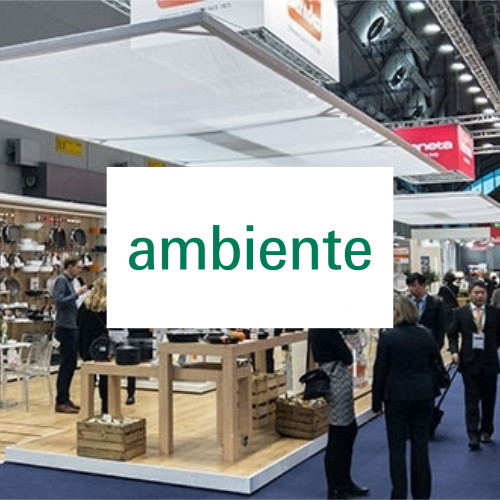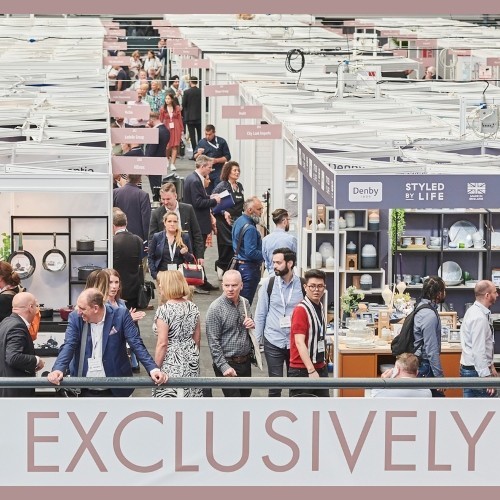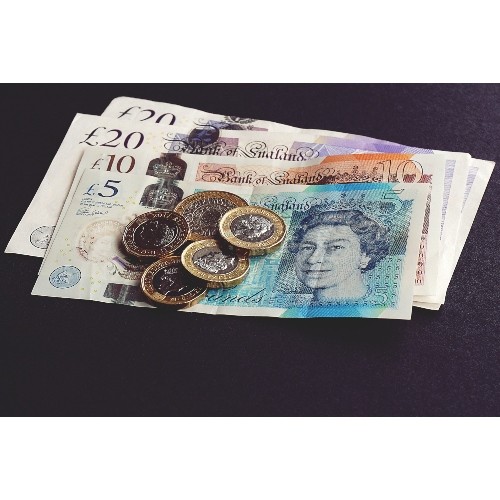Andrew Goodacre, ceo of Bira discusses how sustainability should still be a key part of a retailers focus.
As the cost-of-living crisis continues to squeeze household budgets, it would be easy for independent retailers to assume that sustainability has fallen off the radar for consumers. With people tightening their belts, the assumption might be that eco-friendly products and sustainable practices have become an unaffordable luxury.
However, I would caution against writing off sustainability just yet. While research does suggest some consumers are reluctantly switching to cheaper alternatives when money is tight, there are also signs that sustainability remains an important factor for many.
The latest studies indicate that while price is undoubtedly an issue, a significant proportion of shoppers still care about brands and retailers demonstrating their eco-credentials. They want to know businesses are doing their bit for the planet, even if budget constraints sometimes force their own hand.
What’s clear is that sustainable retailing isn’t just about stocking green products on the shelves. It’s a much bigger picture that encompasses everything from sourcing and packaging to running efficient premises and operations. This is where the real opportunity lies for independent retailers.
Localism – selling products sourced from the local area – remains important to consumers who want to reduce emissions from supply chains. But the sustainability of your actual retail premises could be a crucial factor in attracting and retaining environmentally conscious shoppers.
How energy efficient is your shop unit? What steps have you taken to reduce waste and plastic consumption? Are you recycling or reusing packaging? These are the kinds of questions increasingly being asked by consumers who are desperate to support sustainable businesses, crisis or no crisis.
Landlords have a key role to play too by ensuring the buildings housing independent retailers meet high sustainability standards. The latest research suggests shopping destinations with a strong sustainable reputation – from renewable energy use to zero-waste policies – could enjoy up to a 6% boost in footfall compared to traditional retail spaces.
This is evidenced by economic modelling that estimates a retail brand opening in a sustainable shopping destination could see revenues over 10% higher and profits almost 13% higher after a decade compared to opening in a traditional space.
So, while strapped consumers may think twice about paying premium prices for eco-products, they could still be won over by supporting independent retailers who can demonstrate their commitment to sustainability through energy-efficient premises, robust recycling processes and ethical sourcing.
The key for indie retailers is to shout about it. Make sure customers are aware of all the steps you are taking – from stocking local produce to introducing renewable energy sources. The more you can evidence your sustainability credentials, the better chance you have of attracting and retaining eco-minded shoppers.
The cost-of-living crisis hasn’t made sustainability any less important or desirable. Granted, it has forced some people to make difficult choices on what they can afford. But a huge number still want to play their part and supporting sustainable small businesses could be an affordable way for them to do that.
Independent retailers who get sustainability right – both in their product ranges and their operational practices – could find themselves very well positioned to thrive, even in these most challenging of times.
























